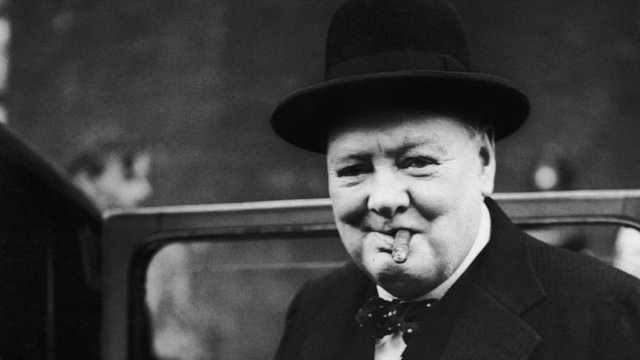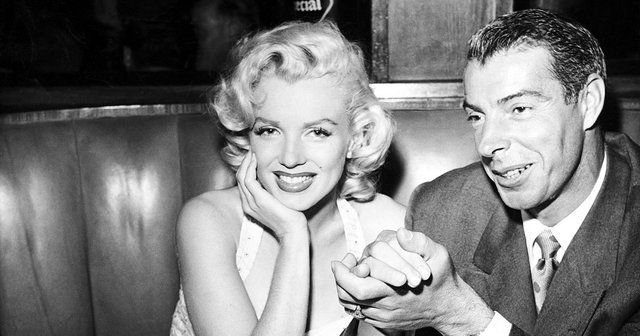What are Introvert and Extrovert
Introvert and extrovert, are personality types popularized by the 20th-century Swiss psychiatrist
Carl Jung, who used the theory to better understand various behavioral patterns and attitudes
of his patients.
An introvert is a person whose attention and interest is typically directed inward toward
their feelings and thoughts, whereas an extrovert’s attention is focused more toward other people and the outside world.
We all have the experience of both, but naturally sit more strongly on one side or the other.
So what can we learn about ourselves when we understand which side of the personality
fence we are sitting on?
And how does this influence our career choices, relationships and overall lifestyle?
That’s what we’ll find out, in this Analysis between Introverts vs Extroverts.
I started out by looking at these personality types within the workplace and found an article
in the Huffington Post that featured a very simple chart displaying the key behaviors of both extroverts and introverts.
Let’s take a closer look.
Where an extrovert tends to speak up in meetings, an introvert may only share ideas when prompted.
Extroverts are fine with open workspaces, whereas introverts like working in quiet spaces.
Extroverts enjoy praise and attention, whereas introverts do not.
Extroverts are quick decision makers, and introverts tend to ponder decision-making
more carefully.
An extrovert will open up to anyone, but an introvert confides in only a few.
Extroverts are easily distracted, whereas an introvert is good at focusing for long
periods of time.
Extroverts easily accept change, but introverts tend not to.
An extrovert speaks more, and an introvert is a good listener.
An extrovert often has large groups of friends but the bonds are less strong, whereas an
introvert will have a smaller friends group but with closer bonds.
Extroverts enjoy group conversations, whereas introverts enjoy one on one communication.
And extroverts like to recharge by being social, with introverts preferring me time and staying
home alone.
This is insightful, but how does it translate in to the type of career we are best to choose?
To understand this, we researched what the recruitment companies are saying.
According to The Undercover Recruiter, extroverts thrive on careers that involve interaction
with the general public and working as a part of a team.
Some examples are, Lawyer, Construction Worker, Event Planner, Entrepreneur or Police Officer.
But jobs that allow a person to work independently are a better fit for introverts and these
include, Graphic Designer, Software Developer, Artist, or Truck Driver.
What about some famous examples of introverts and extroverts?
What did they choose to be in life?
Bill Clinton<

Starting with extroverts, one of the most well known is Bill Clinton. The White House has mostly been occupied by extroverted men.
The 42nd president of the United States was always energetic in his conduct, both in office and on the campaign trail.
He will be remembered for being social, personable, and friendly, to both friends and opponents.
Clinton thrived in the limelight and energized the masses through televised speeches and
public meeting.
Muhammad Ali
Then there’s the famous boxer Muhammad Ali. He called himself the Greatest and he was
as much a performer as a brawler. Muhammad Ali was a classic example of an extrovert
and would taunt his opponents with his lively rhetoric, as much as his heavy hands.
He bounced around the ring, always certain to make a show of it, and in interviews he
was never shy of the camera.
Winston Churchill
Then there’s British Prime Minister Winston Churchill who had a limitless supply of energy and would work all hours, often fueled by alcohol and cigars.
And though he was running a country and fighting a war with Germany, he also found time to
write, winning the Nobel Prize in Literature for his memoirs…
Bill Gates
As for famous introverts, Bill Gates, the founder of tech giant Microsoft, was known
for having an incredible focus that allowed him to spend thousands of hours writing code.
He spoke about how he had to learn some extrovert qualities, but he still seems more comfortable with technology than he is with people.
Joe DiMaggio
You may think that sports people would tend to be extroverts, but one famous baseball player who was firmly planted in introvert territory was the Yankee great, Joe DiMaggio. He was not shy at the plate, but was shadowed by the glare of his wife Marilyn Monroe and was rarely heard from, after his retirement.
Hillary Clinton
And finally we have Hillary Clinton. A very public lady who is actually very private,
she lacks the outgoing sociable nature of her husband and has had to work at her extroverted
Side. In 2015, CNN quoted that when Hillary was asked: “Are you an extrovert or an introvert?”
She replied "I am an extro-introvert."
We’ve looked at careers. What about relationships…girlfriends, boyfriends,
husbands or wives?
Is there an ideal match up?
Well we just mentioned Bill and Hillary as being on opposite sides of the spectrum, so
let’s see if that’s a good or bad thing.
We found there is an abundance of information online about introvert, extrovert relationships,
and what better place to look than one of the largest dating sites, eHarmony.
This site has a matching algorithm based on data collected from interviews with more than
50,000 married couples in 23 different countries. eHarmony has concluded there are the following challenges couples face when trying to find the ideal personality match. The introvert may feel as though their partner doesn’t truly understand them, as it’s often difficult for extroverts to understand Introverts. The extrovert will likely want to go out and socialize more than the introvert, which can cause conflict. The introvert may feel that the extrovert
speaks too much and listens too little.
Extroverts may get upset when their partner is not socializing with their friends.
The extrovert might try to help bring out their partner’s extroverted self, but this might be perceived as not accepting them for who they are. Not everyone can be so easily classified all
of the time.
There are also people whose personality styles change in predictable ways depending on the situation they find themselves in.
For example an introvert with a job that requires extrovert qualities may make a conscious choice to socialize because it’s important for his or her career development.
Equally, an extrovert who is leading a sales team, may decide to take time out to listen
to staff rather than barking orders all day. So though we have dominant characteristics,
these are not necessarily fixed.
And most people also sit naturally between the 2 personality types.
They are known as ambiverts and there are advantages to being an ambivert.
With a personality type that doesn’t lean too heavily in either direction, they have
a much easier time adjusting their behavior based on the situation, enabling them to connect more easily with a wider variety of people. There are clearly many differences between
introverts and extroverts and though understanding your personality type is useful and it’s
possible to adapt and change in some situations, it may not be the be all and end all, as accepting and being happy with who you are naturally is often just as important.
So, based on what you just learned, are you
an introvert or an extrovert?
Let me know in the comments!
✅ @saibanahmad, congratulations on making your first post! I gave you an upvote!
Please take a moment to read this post regarding commenting and spam. (tl;dr - if you spam, you will be flagged!)